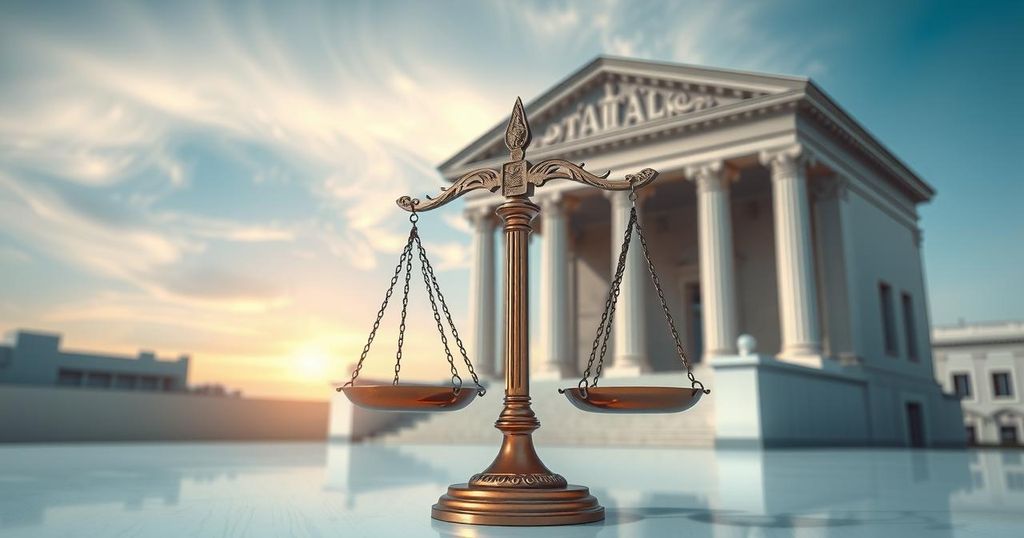Namibia’s Supreme Court dismissed the IPC’s challenge to the legitimacy of the 2024 presidential election, asserting the extension of voting was lawful. The SWAPO party, winning 57% of the votes, is set to inaugurate its first female president. Despite the court’s ruling, skepticism about election validity remains.
On Friday, Namibia’s Supreme Court rejected a request from the main opposition party, the Independent Patriots for Change (IPC), to annul the results of the 2024 presidential election. The IPC claimed that the ruling SWAPO party’s election victory was illegitimate due to President Nangolo Mbumba extending voting in specific areas for two additional days. This extension was supposedly made to address logistical challenges that led to long queues at polling stations on the initial voting day.
Chief Justice Peter Shivute announced the court’s decision, stating that the electoral commission had acted correctly in advising the president to extend voting. The ruling clarified that this decision was lawful and did not constitute the establishment of new polling dates. Hence, it was deemed merely an extension allowing disenfranchised voters to participate in the election.
The ruling SWAPO party won 57 percent of the total votes, marking a significant electoral victory for its candidate, Netumbo Nandi-Ndaitwah, who is poised to become the first female president of Namibia. In contrast, IPC’s presidential nominee, Panduleni Itula, received 25.5 percent of the vote, according to the final tallies.
Following the ruling, Mr. Itula expressed his acceptance of the decision, urging the nation to move forward and embrace political stability. He stated, “Let us accept it and let us move on,” emphasizing the importance of unity and constructive governance in Namibia’s future.
The court mandated that both parties share the costs associated with the legal proceedings, which some observers interpret as a peace offering to maintain political harmony. Henning Melber, a Namibia expert, remarked that political stability took precedence, yet doubts regarding the election’s validity remain, particularly concerning the restricted extension of voting.
In summary, the Supreme Court’s ruling upheld the presidential election results, affirming the procedure’s legality despite opposition claims. The IPC’s calls to invalidate the election were denied, and political leaders encouraged acceptance of the court’s decision to foster stability. The electoral outcome, with SWAPO achieving a significant victory, suggests continuity in leadership, while lingering concerns about election procedures may challenge public confidence going forward.
Original Source: www.jacarandafm.com






